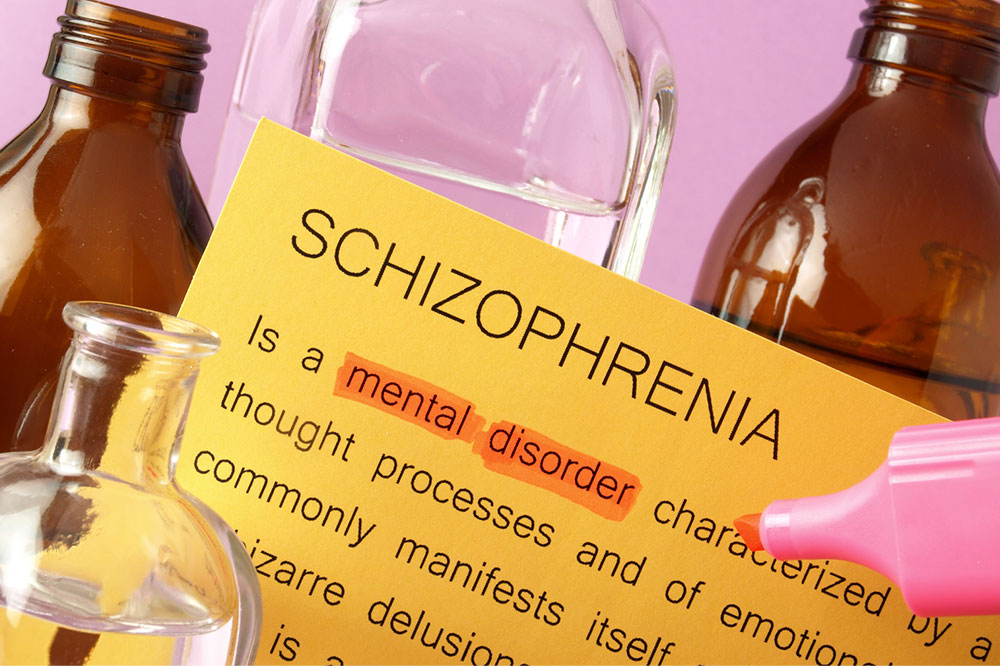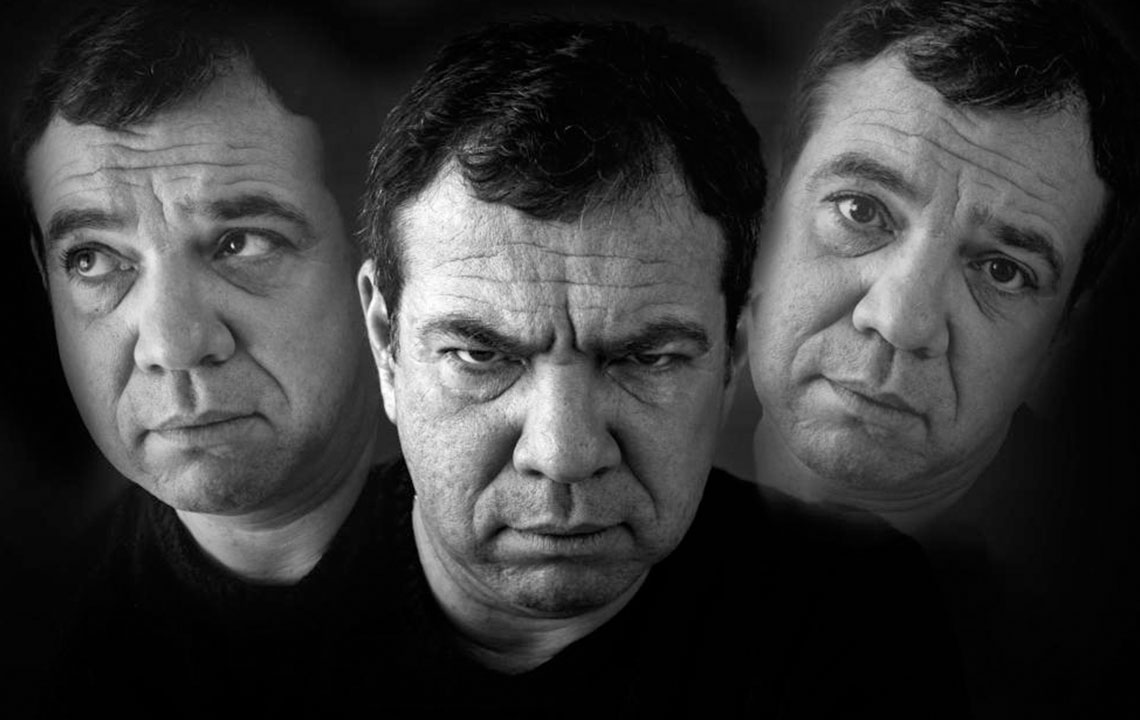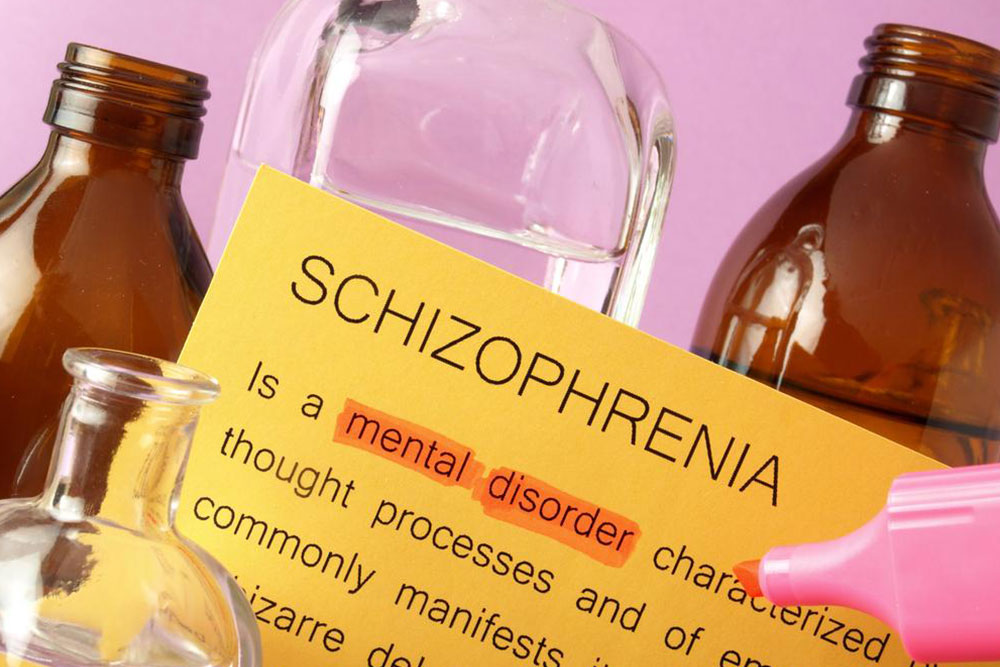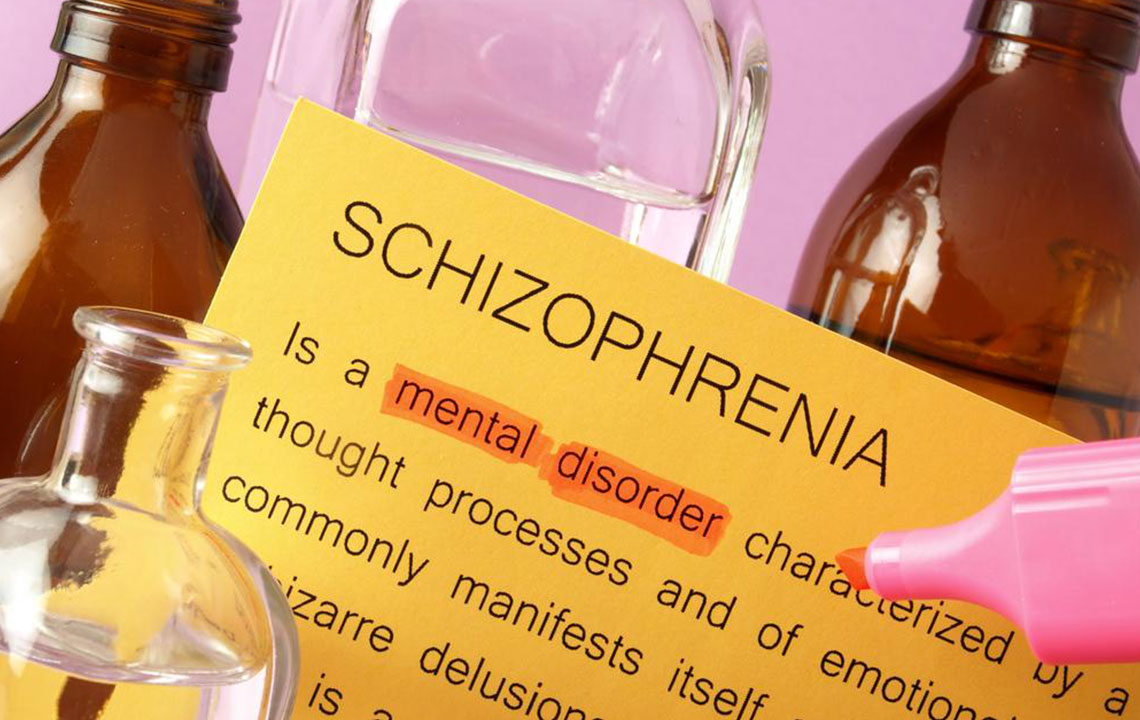Understanding Schizophrenia: Causes, Symptoms, and Treatment Options
Schizophrenia is a serious mental disorder affecting thought, perception, and behavior, with symptoms like hallucinations, delusions, and social withdrawal. While there’s no cure, treatment options including medication, therapy, and emerging procedures help manage the condition. Early diagnosis and ongoing support are vital for improving quality of life. This article explores causes, symptoms, and effective management strategies for schizophrenia, providing essential insights for patients, families, and healthcare providers.
Sponsored

Schizophrenia is a complex mental health disorder that influences how individuals think, feel, and perceive reality. It often presents with symptoms like hallucinations, delusions, and paranoia, which can lead to social withdrawal. Approximately 1% of the population is affected by this condition. While there's no cure, it can be managed effectively through medication and therapy. Typically emerging in late teens to early twenties for men and in the twenties or early thirties for women, schizophrenia requires ongoing treatment to control symptoms.
Common symptoms include:
Delusions: False beliefs that disrupt daily life, such as believing oneself to be famous or that a disaster is imminent.
Hallucinations: Seeing, hearing, or sensing things that aren't there, including auditory voices or strange smells.
Disorganized Speech: Speaking incoherently or combining unrelated words, making communication difficult.
Abnormal Movements: Behaviors like repetitive motions, inappropriate silliness, or agitation that interfere with routine tasks.
Negative Symptoms: Reduced emotional expression, monotone speech, neglect of personal hygiene, and social withdrawal.
Diagnosis involves physical exams and medical tests to rule out other conditions, followed by psychiatric evaluation. Symptoms persisting over six months confirm the diagnosis.
Causes of Schizophrenia
Scientists have yet to pinpoint a single cause but suggest a combination of biological and environmental factors. Genetics play a significant role; having a parent with schizophrenia increases risk to about 10%. Brain abnormalities are observed in some individuals, though not universally. Environmental influences such as prolonged marijuana use, stressful life events, or viral infections can trigger the disorder, especially during adolescence or early adulthood when hormonal and physical changes occur.
Managing Schizophrenia
Effective treatment aims to alleviate symptoms and prevent relapse. Antipsychotic medications are commonly prescribed to manage hallucinations and delusions. Coordinated Specialty Care combines medication, therapy, social support, employment, and educational programs, often involving family participation. Psychosocial therapies help improve attention, problem-solving, and social skills. Severe cases may require hospitalization, and for resistant symptoms or episodes, Electroconvulsive Therapy (ECT) may be considered. Research into Deep Brain Stimulation (DBS) is ongoing, offering hope for future severe case management by targeting brain regions involved in perception and thought processes.






